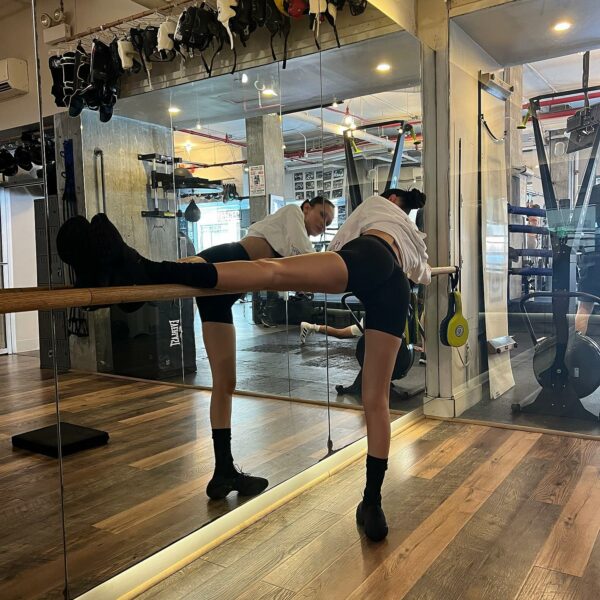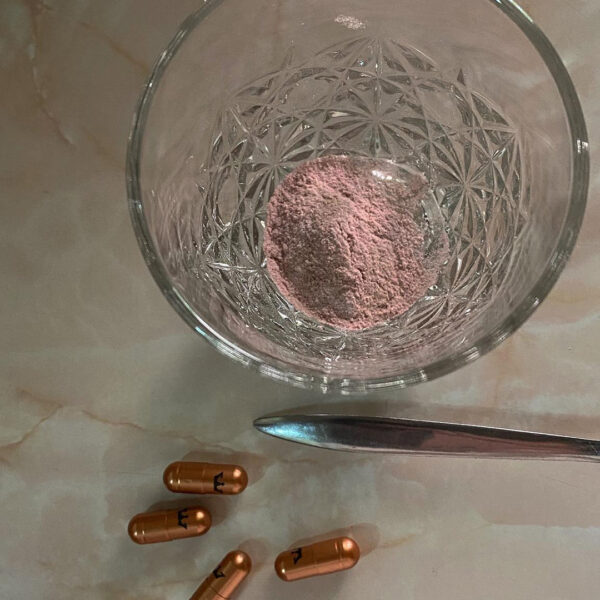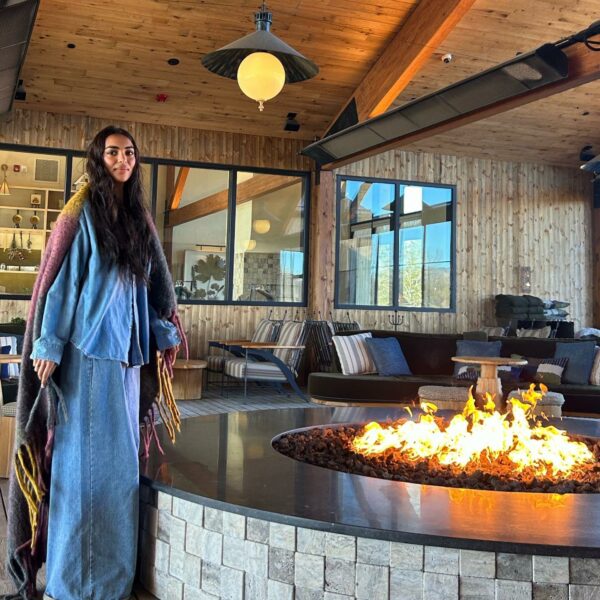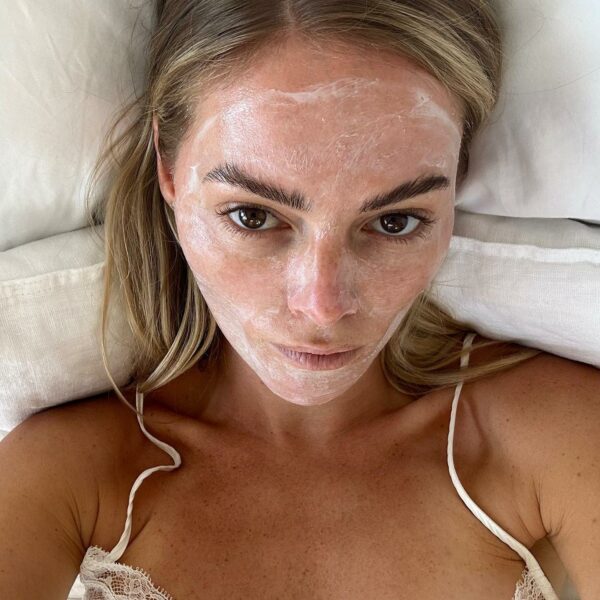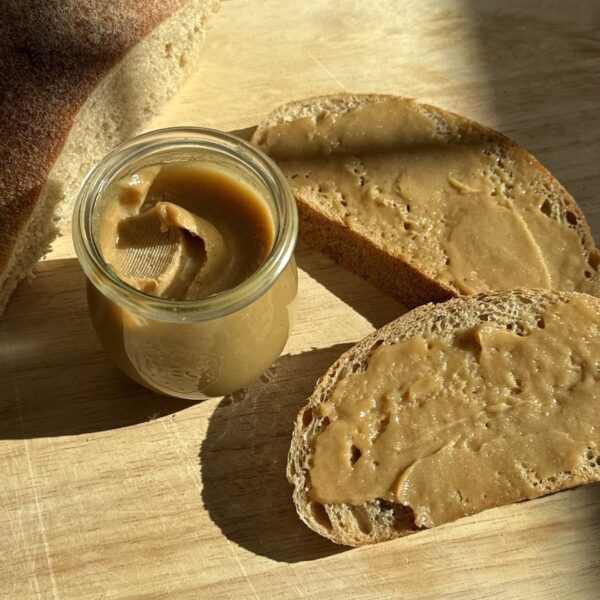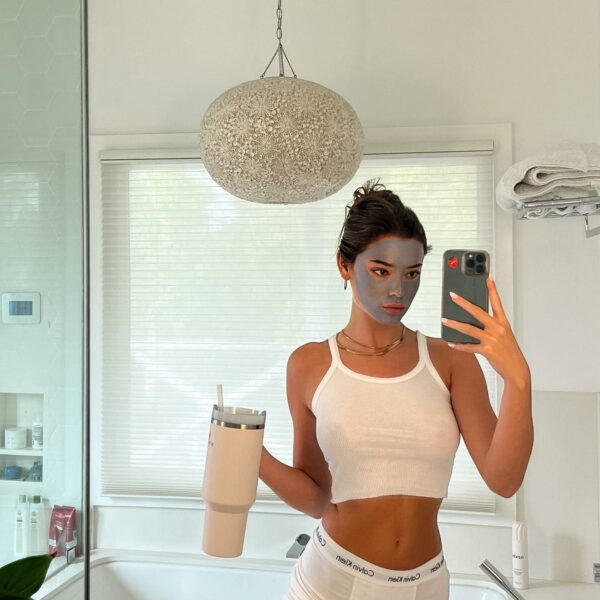Air pollution is detrimental to the health of millions per year—worldwide, an estimated 7 million lives are lost each year as a result of poor air quality. Fine particulate matter (also known as PM-2.5) is air pollutants so tiny, they can only be seen with a microscope. PM-2.5 refers to atmospheric particulate matter that has a diameter of less than 2.5 micrometers, which is about 3% the diameter of human hair. These fine particles come from various sources including power plants, motor vehicles, airplanes, residential wood burning, volcanic eruptions, dust storms, and forest fires.
When PM-2.5 is at high levels, these particles reduce visibility and cause the air to appear hazy, becoming a huge concern for people’s health.
Because these particles are so small, they are able to bypass the nose and throat and penetrate deep into the lungs and, in some cases, the circulatory system. Exposure to high levels of PM-2.5 is correlated with short-term health effects such as eye, nose, throat, and lung irritation, as well as coughing, sneezing, and shortness of breath. Long-term health effects include hypertension, reduced lung function, pulmonary fibrosis, arrhythmia, damage to cell membrane integrity and genetic material, heart failure, and stroke—to name a few.
PM-2.5 is measured alongside the Air Quality Index. When the AQI is between 0 and 50, PM-2.5 levels pose little to no risk. You can check the index of your area by visiting www.airnow.gov, Purple Air, and apps such as U.S. Air Quality Index.
The fires that are burning in states including Oregon and California are showing PM-2.5 readings as high as 500 or more. While this bears weight on the issue of climate change and reform, we must prioritize our health so that we can continue to use our voices to implement change. Fortunately, there are a number of things you can do, both nutritionally and in your homes, to limit the effects of air pollution on your health.
1. Stay well hydrated to support the lungs and liver in filtering out any air pollution.
2. Limit outdoor activities (especially when measurements are nearing 100) until the air quality improves well below 50.
3. When indoors, keep the windows closed. Closed windows reduce pollutants by 50%.
4. Invest in an air purifier, as they can reduce particulates by 90%. If you have air filters in your home, be sure that they are HEPA approved (HEPA stands for High-Efficiency Particulate Matter).
5. Get rid of air fresheners and commercial candles. Instead, diffuse natural oils such as tea tree oil, which helps to purify the air naturally, and burn beeswax candles, which help to neutralize pollutants in the air.
6. Clean your nose out and gargle with clean water.
If your air quality is poor, increase your intake of antioxidants, which help to protect your cells against free radicals, such as those from tobacco smoke or radiation.
Here’s a quick list for you:
1. Berries of all kinds.
2. Herbs and spices of any kind, especially ginger, peppermint, saffron, clove, rosemary, thyme, and turmeric.
3. Beverages rich in polyphenols such as organic coffee and green tea.
4. Dark chocolate, the more bitter the better—think 70% cocoa and higher.
5. Foods rich in vitamin E, such as wild-caught fatty fish, avocado, nuts, seeds, and olive oil.
6. Foods rich in vitamin A, such as dark leafy greens, carrots, squash, and sweet potatoes.
7. Foods rich in vitamin C, such as citrus, bell peppers, and tomatoes.
8. Bitter foods that support natural detox, such as broccoli sprouts, arugula, turnip, radishes, collard greens, and Brussels sprouts.
Our hearts go out to those affected by the fires. Stay safe, hold on to hope, and keep healthy as best as you can.
Neeyaz Zolfaghari is the founder of Unspoken Nutrition, a nutrition and lifestyle business aimed at helping others find harmony and balance with the full body and self. Her journey began over a decade ago, when she was diagnosed with an autoimmune disease. Her path toward healing broadened her passion for holistic healing practices. Now as an international nutrition and lifestyle coach, Neeyaz gives her clients the support, guidance, and tools they need in order to live a fulfilled and balanced life.
The content provided in this article is provided for information purposes only and is not a substitute for professional advice and consultation, including professional medical advice and consultation; it is provided with the understanding that Poosh, LLC (“Poosh”) is not engaged in the provision or rendering of medical advice or services. The opinions and content included in the article are the views of the author only, and Poosh does not endorse or recommend any such content or information, or any product or service mentioned in the article. You understand and agree that Poosh shall not be liable for any claim, loss, or damage arising out of the use of, or reliance upon any content or information in the article.






